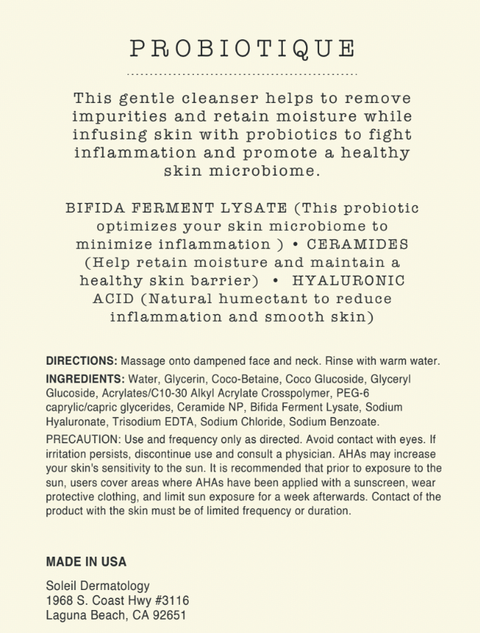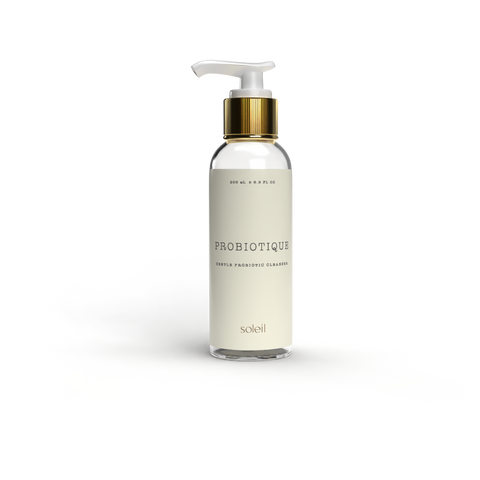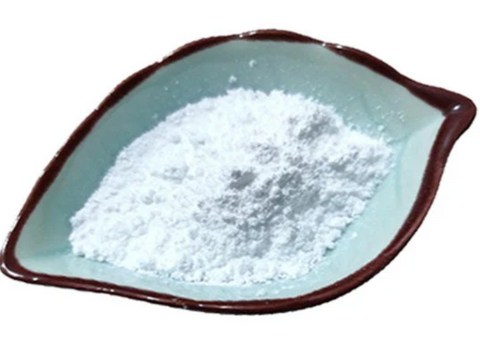Menopausal Wellness: Your Essential Toolkit for a Healthy Transition
Menopause is a natural stage in life that brings about various changes, but it also offers an opportunity to focus on self-care and well-being. With the right approach, you can thrive during this period. Here’s a step-by-step guide to help you maintain your health and vitality through menopause.
Nutrition: Nourish Your Body
What you eat can profoundly affect how you experience menopause. Here’s how to optimize your diet:
- Experiment with Intermittent Fasting: This eating pattern can reduce inflammation and support weight stability. The Galveston Diet is a helpful resource to get started.
- Track Your Food Intake: Using tools like Cronometer can provide valuable insights into your eating habits and ensure you’re meeting your nutritional goals.
- Focus on Protein: Consuming 1.3-1.6 grams of protein per kilogram of your ideal body weight daily helps maintain muscle mass and supports energy levels.
- Cut Back on Added Sugars: Limit sugar intake to under 25 grams daily to manage inflammation and sustain consistent energy.
- Increase Your Fiber: Aim for at least 25 grams per day to support digestion, hormone balance, and gut health.
Physical Activity: Keep Moving
Staying active is one of the best ways to improve your physical and mental health during menopause:
- Stretch Regularly: Daily stretching promotes flexibility, improves range of motion, and helps prevent injuries.
- Practice Balance Exercises: Activities that enhance stability and coordination reduce the risk of falls and improve overall agility.
- Strength Train Weekly: Dedicate three days a week to resistance training, focusing on upper body, lower body, and compound movements. Gradually increase weights for progressive strength gains.
- Engage in Cardio: Aim for 150 minutes of moderate-intensity cardiovascular activity each week to support heart health and boost stamina.
Stress Management: Find Your Calm
Managing stress is key to maintaining emotional balance during menopause. Here are some techniques to help you relax:
- Get Natural Light: Exposure to sunlight boosts serotonin production, improving mood and reducing feelings of stress.
- Try Grounding: Walking barefoot on natural surfaces, like grass or sand, can lower stress hormones and promote a sense of calm.
- Discover Relaxing Activities: Yoga, meditation, journaling, or spending time in nature can provide much-needed tranquility and help you unwind.
Sleep: Prioritize Rest
Quality sleep can help manage menopause symptoms and improve your overall health. Consider these tips:
- Track Your Sleep Patterns: Wearable devices can help you identify habits that improve or disrupt your sleep quality.
- Establish a Bedtime Routine: Stick to a consistent sleep schedule, limit screen time before bed, and create a calming environment to prepare your mind and body for rest.
Supplements and Medications: Support Your Health
Supplementation and medical options can provide additional support during menopause. Here’s what to consider:
- Hormone Therapy: If menopausal symptoms are severe, consult a healthcare provider to explore whether Hormone Therapy (HT) is appropriate for you.
- Medications for Symptom Relief: Work with your doctor to address specific concerns like hot flashes, mood swings, or bone density.
-
Add Key Supplements:
- Fiber: Ensure a daily intake of 25 grams or more for digestive health.
- Omega-3 Fatty Acids: 2 grams per day can benefit heart and brain health.
- Vitamin D with K2: Taking 4,000 IU of Vitamin D with K2 supports bone strength and overall health.
- Creatine: 5 grams daily helps maintain muscle and energy levels.
- Collagen: Look for products like Skin Boost Plus Collagen or Osteo Boost to promote healthy skin and strong bones.
- Optional Add-Ons: Depending on individual needs, supplements like turmeric, berberine, or Vitamin E may offer additional health benefits.
Embrace This New Chapter
Menopause marks the beginning of a fresh stage of life filled with opportunities for growth and self-care. By implementing these strategies into your daily routine, you can stay strong, balanced, and confident. Take charge of your health and embrace this transition as a time to thrive, not just survive.







